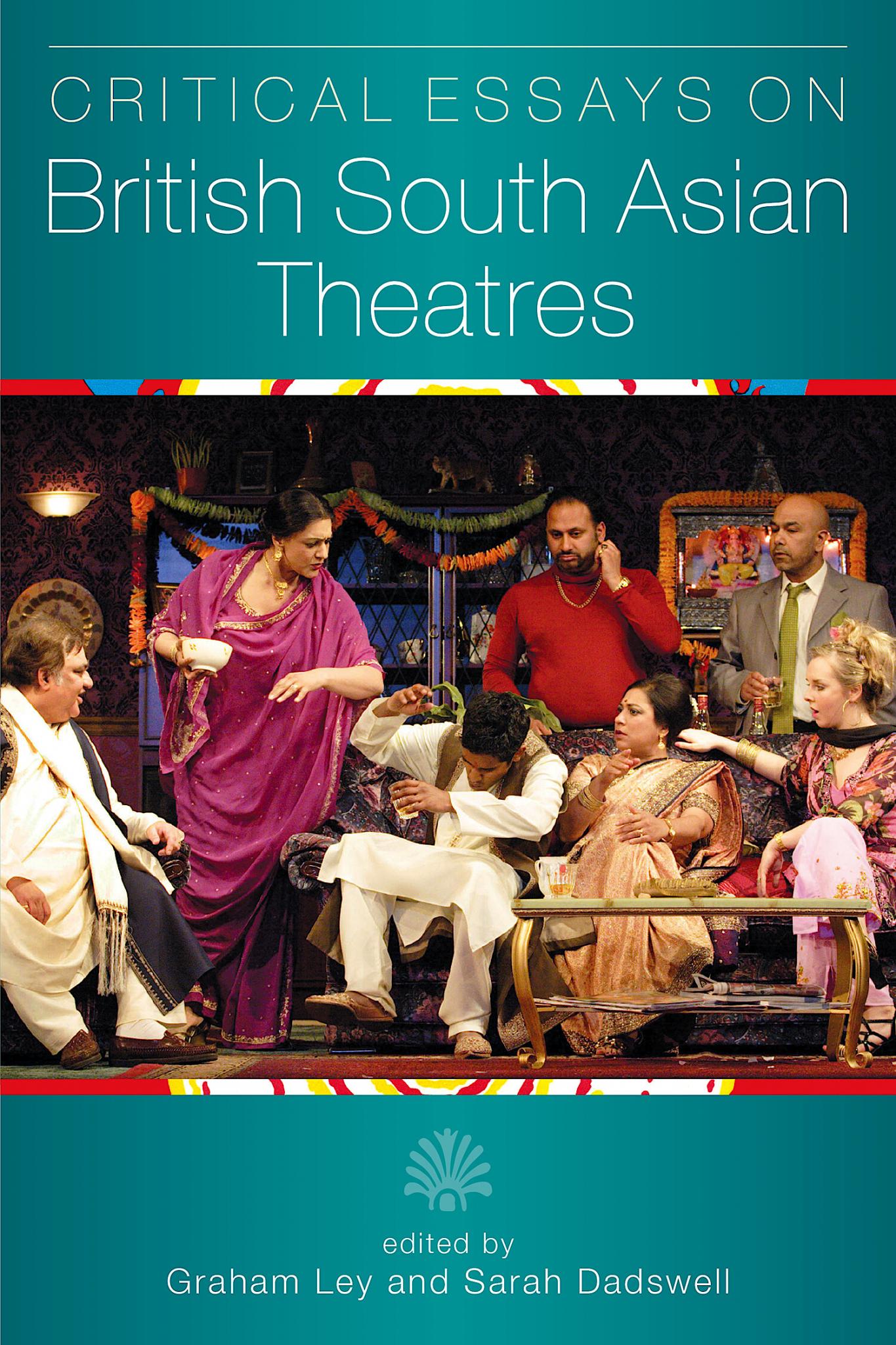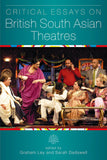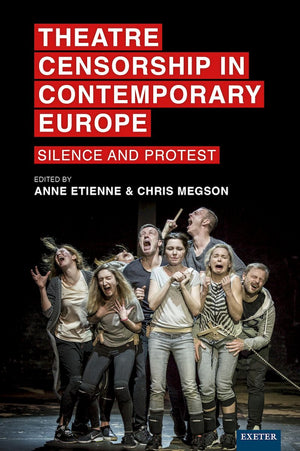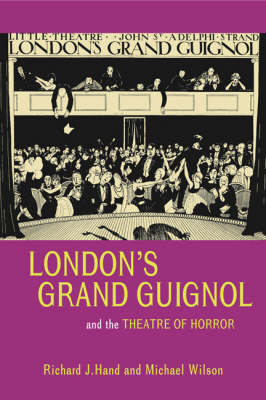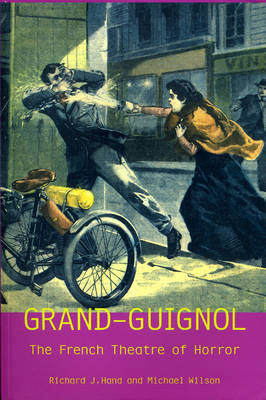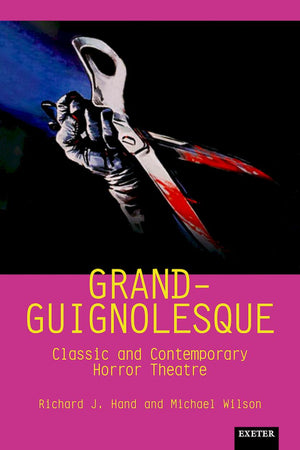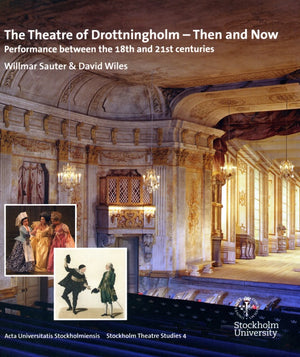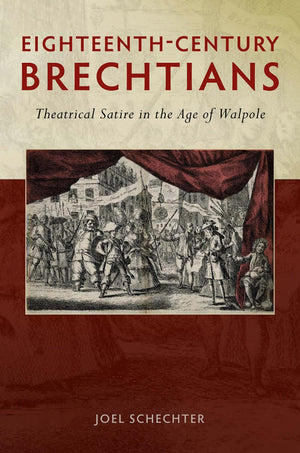University of Exeter Press
Critical Essays on British South Asian Theatre
Couldn't load pickup availability
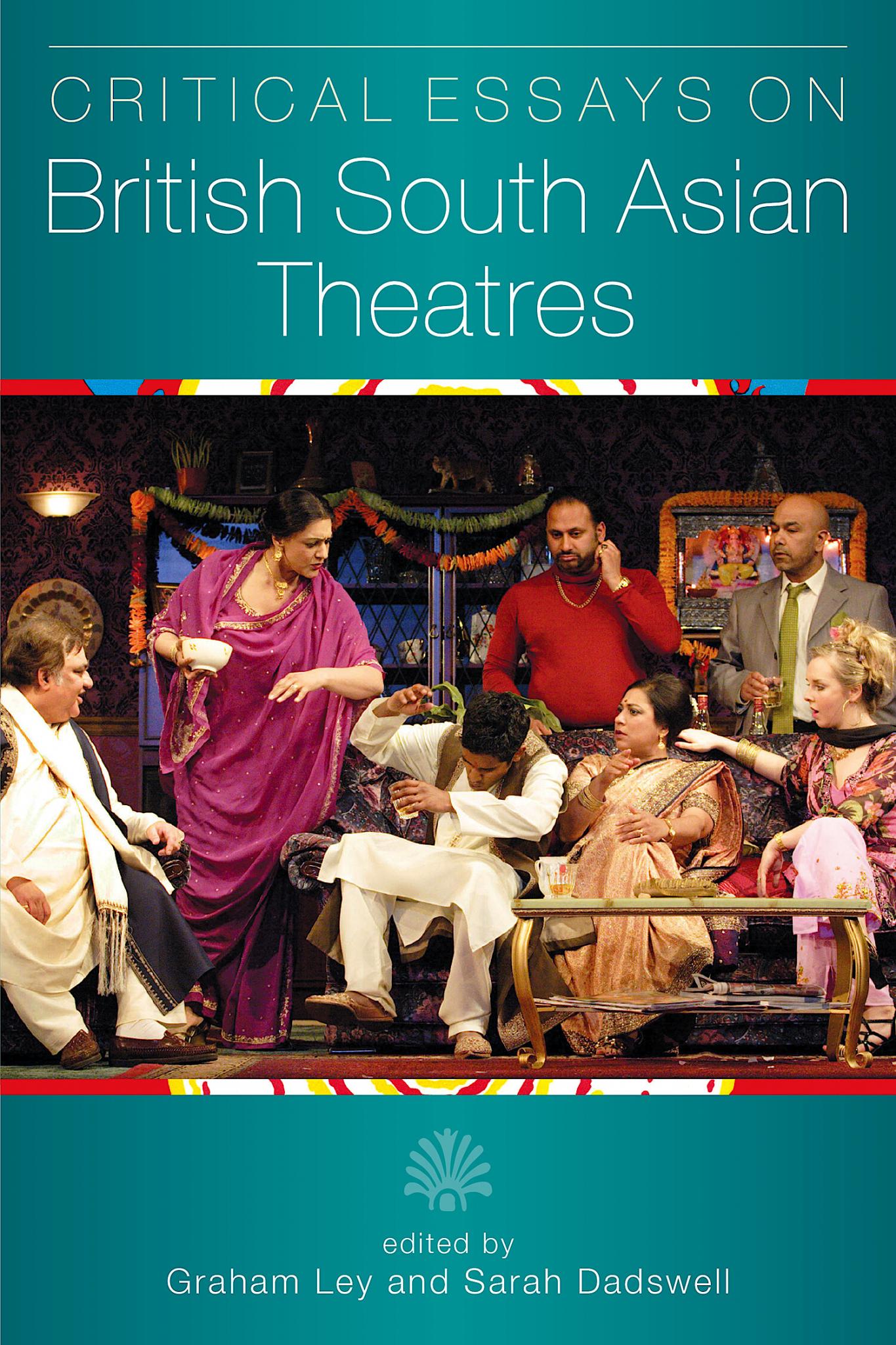
- 288 Pages
This volume is an edited collection of critical essays on British Asian theatre. It includes contributions from a number of researchers who have been active in the field for a substantial period of time.
This title is complemented by British South Asian Theatres: A Documented History by the same authors, also available from University of Exeter Press.
This volume is an edited collection of critical essays on British Asian theatre. It includes contributions from a number of researchers who have been active in the field for a substantial period of time.
List of Illustrations Contributors
Introduction
1. British Asian Theatre: the Long Road to Now, and the Barriers in-between, Naseem Khan
2. Images on Stage: a Historical Survey of South Asians in British Theatre before 1975, Colin Chambers
3. Bridging Divides: the Emergence of Bilingual Theatre in Tower Hamlets in the 1980s, Susan Croft
4. Experiments in Theatre from the Margins: Text, Performance and New Writers, Rukhsana Ahmad
5. Dramatising Refuge(e)s: Rukhsana Ahmad’s Song for a Sanctuary and Tanika Gupta’s Sanctuary, Christiane Schlote
6. Directing Storytelling Performance and Storytelling Theatre, Chris Banfield
7. Engaging the Audience: a Comparative Analysis of Developmental Strategies in Birmingham and Leicester since the 1990s, Claire Cochrane
8. Patriarchy and Its Discontents: the ‘Kitchen-Sink Drama’ of Tamasha Theatre Company, Victoria Sams
9. The Marketing of Commercial and Subsidised Theatre to British Asian Audiences: Tamasha’s Fourteen Songs, Two Weddings and a Funeral (1998 and 2001) and Bombay Dreams (2002), Suman Bhuchar
10. Mixing with the Mainstream: Transgressing the Identity of Place, Jerri Daboo
11. Between Page and Stage: Meera Syal in British Asian Culture, Giovanna Buonanno
12. Imagine, Indiaah ... on the British Stage: Exploring Tara’s ‘Binglish’ and Tamasha’s Brechtian Approaches, Chandrika Patel
13. British Asian Live Art: motiroti, Stephen Hodge
14. On the Making of Mr Quiver, Rajni Shah
Notes
Bibliography
Index







